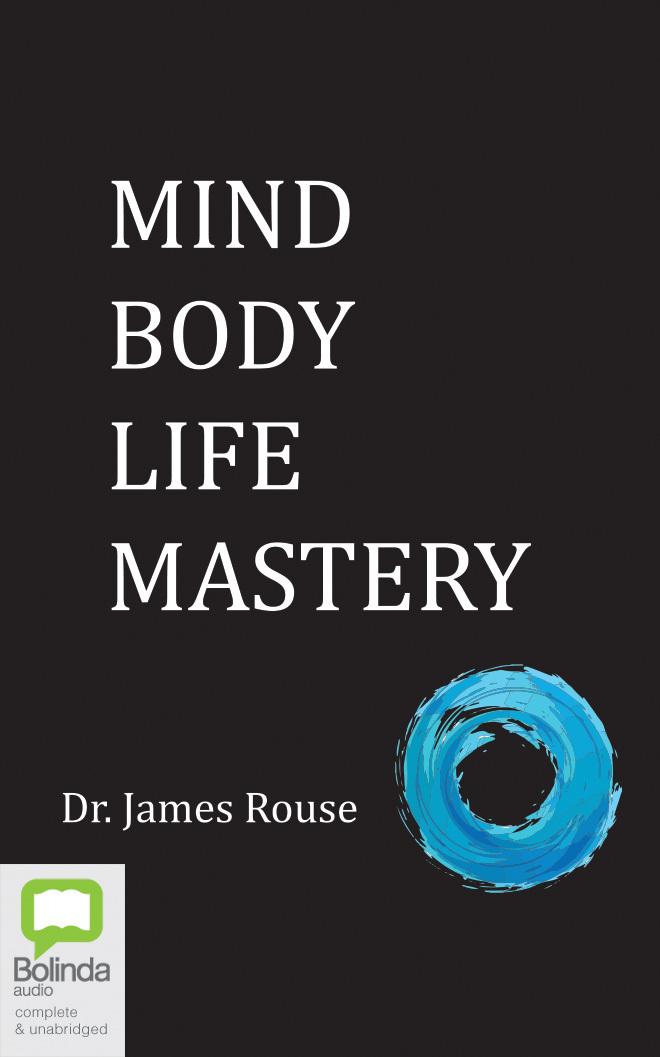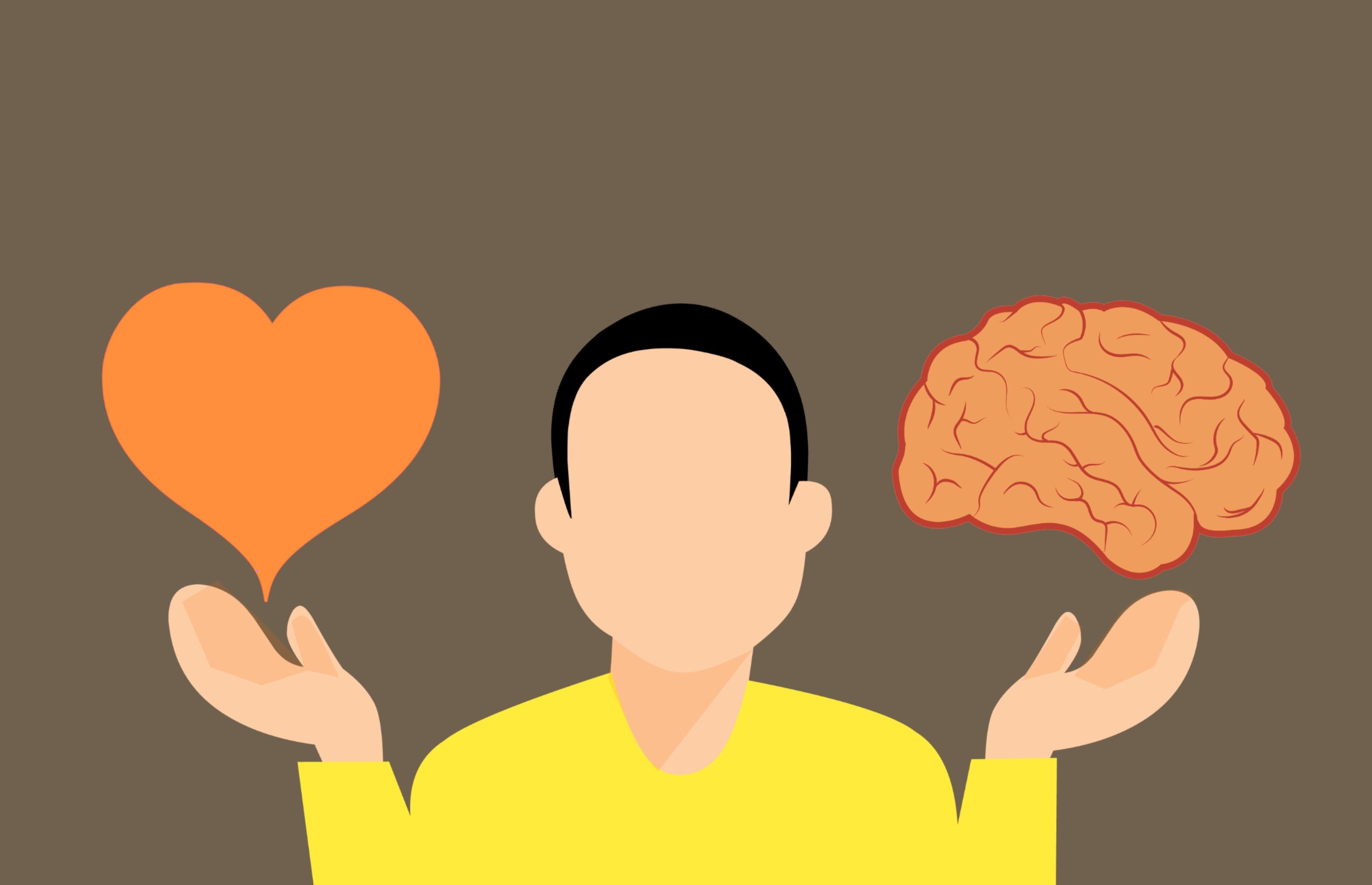Unlocking the true holistic potential of fitness, we delve into the captivating world where body and mind intertwine. Welcome to an extraordinary expedition where the realms of exercise become not only a physical transformation but a sanctuary for mental well-being. In this article, we explore the fascinating phenomenon known as the mind-body connection in fitness and uncover the profound impact it has in acting as a conduit for mental health therapy. Brace yourself for a narrative that will challenge conventional thinking, ignite new perspectives, and empower you to embrace the transformative power of exercise in fostering a harmonious union between body and mind.
Understanding the Mind-Body Link: Exploring the Intricate Relationship between Exercise and Mental Health
Exercise as a Mental Health Therapy:
It is no secret that physical exercise promotes numerous benefits for the body, but its impact on mental health has gained increasing recognition in recent years. The mind-body connection is a complex phenomenon that intertwines our psychological and physiological well-being. Research has shown that regular exercise can have a profound positive effect on mental health, acting as a powerful form of therapy to combat various mental illnesses.
Exercise has been found to increase the production of endorphins, also known as the “feel-good” hormones, which are responsible for reducing feelings of stress, anxiety, and depression. Engaging in physical activity not only improves our mood but also helps regulate sleep patterns, boosts self-esteem, and enhances cognitive function. By incorporating exercise into our daily routine, we can proactively take charge of our mental well-being.
The benefits of exercise extend beyond the biochemical level. Engaging in physical activities like running, yoga, or strength training not only gives us an opportunity to focus on our physical health but also distracts our minds from the daily stresses and worries. Indulging in a workout routine allows us to disconnect from the external world and create a space to clear our minds, promoting a sense of calmness and clarity.
Here are a few key points on the relationship between exercise and mental health:
- Regular exercise increases the production of endorphins, reducing stress, anxiety, and depressive symptoms.
- Engaging in physical activity improves sleep patterns, boosts self-esteem, and enhances cognitive function.
- Exercise provides an opportunity to disconnect from daily stressors, promoting a sense of calmness and mental clarity.
In conclusion, the mind-body connection is a fascinating aspect of our overall well-being, and exercise serves as a powerful tool to enhance our mental health. By incorporating regular physical activity into our lives, we can experience the therapeutic benefits it offers and take a proactive approach to our mental well-being.

Unveiling the Psychological Benefits of Physical Fitness: Boosting Mood, Reducing Anxiety, and Easing Depression
Regular physical exercise has been shown to have numerous psychological benefits, making it not only beneficial for our physical health but also for our mental well-being. Engaging in regular fitness activities can have a profound impact on our mood, reducing feelings of anxiety, boosting our overall happiness, and even easing symptoms of depression.
When we exercise, our bodies release endorphins, often referred to as “feel-good” hormones. These endorphins interact with the receptors in our brains, reducing our perception of pain and triggering positive feelings in the body. This natural chemical response can help improve our mood and provide a sense of well-being, enhancing our overall mental health.
In addition to the release of endorphins, physical exercise can also act as a form of meditation. During exercise, we focus our attention on the movements of our body, our breathing, and the physical sensations we experience. This mindfulness practice can help distract us from our everyday worries and anxieties, allowing us to be fully present in the moment. By shifting our focus away from negative thoughts and worries, exercise can provide a temporary relief from stress and anxiety, promoting a sense of calm and relaxation.
Furthermore, engaging in regular fitness activities can be a powerful tool in managing and reducing symptoms of depression. Exercise increases the production of serotonin, a neurotransmitter that helps regulate mood and contributes to feelings of happiness and well-being. The act of exercising can provide individuals with a sense of accomplishment and self-efficacy, boosting their self-esteem and confidence. This increased confidence can help combat the feelings of worthlessness and hopelessness often associated with depression.
Overall, incorporating physical fitness into our daily lives not only enhances our physical health but also has a profound impact on our mental well-being. By boosting mood, reducing anxiety, and easing symptoms of depression, exercise truly acts as mental health therapy. So why not lace-up those sneakers and embark on a journey to a healthier mind and body? Your well-being will thank you!
Maximizing the Therapeutic Effects: Key Strategies to Incorporate Exercise into Your Mental Health Routine
Unlocking the Power of Exercise for Mental Well-being
Exercise is not only beneficial for physical health but also has a profound impact on mental well-being. Incorporating exercise into your mental health routine can maximize the therapeutic effects and help you foster a stronger mind-body connection. By recognizing the powerful link between physical activity and mental health, you can unlock a world of potential for enhancing your overall well-being.
The Science Behind Exercise and Mental Health
Engaging in regular exercise releases endorphins, commonly known as the “feel-good” hormones. These natural chemicals in our brain promote feelings of happiness, reduce stress, and alleviate symptoms of anxiety and depression. Moreover, exercise stimulates the production of serotonin and dopamine, neurotransmitters that play crucial roles in regulating mood and emotions.
To make the most out of exercise as a mental health therapy, here are key strategies to incorporate into your routine:
1. Find an Exercise That Fits Your Interests
Choose an exercise that you genuinely enjoy and that complements your personality and preferences. Whether it’s yoga, running, swimming, or dance, finding an activity that sparks joy will increase your motivation to stick with it and make it a regular part of your mental health routine.
2. Set Realistic Goals and Celebrate Small Wins
Setting realistic goals allows you to track your progress and experience a sense of achievement. Break down your exercise routine into attainable milestones, such as increasing your workout duration or mastering a new yoga pose. Celebrate these small wins, as they contribute to building self-confidence and keeping you motivated.
3. Create a Supportive Environment
Surround yourself with a supportive community or enlist the help of a workout buddy. Sharing your exercise journey with others can enhance your motivation and provide a sense of accountability. Seek out online groups, local fitness clubs, or join exercise classes tailored to your interests.
By following these strategies, you can cultivate a meaningful mind-body connection through exercise and harness its incredible benefits for mental health therapy. Remember, it’s important to consult with a healthcare professional before starting any new exercise routine, especially if you have pre-existing conditions.

Building a Strong Mind-Body Connection: Practical Tips for Harnessing the Healing Power of Exercise
Embracing the mind-body connection in fitness goes beyond physical benefits — it delves into the realm of mental health therapy. Exercise has the remarkable ability to not only enhance our physical well-being but also positively impact our mental state, relieving stress, improving mood, and boosting overall happiness. Here are some practical tips to help you harness the healing power of exercise and strengthen the bond between your mind and body.
The Power of Mindful Movement
Engaging in exercise mindfully can greatly amplify its therapeutic effects. Pay attention to every movement, focusing on the sensations in your body, the rhythm of your breath, and the present moment. Whether it’s going for a serene jog in nature or practicing yoga in your living room, incorporating mindfulness into your physical activities allows you to cultivate a deeper mind-body connection, promoting mental clarity and relaxation.
Choose Activities That Bring You Joy
To truly maximize the mental health benefits of exercise, it’s crucial to select activities that bring you joy and make you feel alive. Whether it’s dancing, swimming, hiking, or kickboxing, find something that sparks your enthusiasm. By doing what you love, physical exertion becomes an enjoyable experience rather than a chore, ensuring that the mind-body connection thrives and mental well-being thrives alongside it.
Stress Relief Through Exercise
Exercise has an incredible ability to alleviate stress and anxiety. When we engage in physical activity, our brain releases endorphins, which act as natural painkillers and mood elevators. This surge of endorphins helps reduce stress levels and encourages a calm state of mind. Incorporating regular exercise into your routine can provide a much-needed outlet for stress and help you manage daily challenges with increased resilience.
| Exercise | Mental Health Benefit |
|---|---|
| Yoga | Enhances mindfulness and reduces anxiety |
| Running | Improves mood and alleviates symptoms of depression |
| Dancing | Promotes self-expression, boosts self-esteem, and reduces stress |
In conclusion, exercise not only strengthens our bodies but also has a profound impact on our mental well-being. By practicing mindfulness, choosing activities that bring us joy, and understanding the stress-relieving properties, we can harness the healing power of exercise to foster a strong mind-body connection. So lace up those sneakers, embrace the joy of movement, and embark on a journey of improved physical and mental health.
In the hustle and bustle of our modern lives, where stress seems to be our constant companion, it’s vital to find ways to strike a balance between our mental and physical well-being. While exercise is mostly associated with improving physical fitness, its impact on our mental health is often overlooked. But as we delved into the intricate web of our mind-body connection, the extraordinary interplay between exercise and mental health therapy unfolded before our eyes.
From the moment we step foot into the gym, or embark on a refreshing jog in the morning sunlight, the mind begins to unfurl and untangle the knots that stress has woven. The rhythmic pounding of our heart and the synchronized movements of our muscles, as we push ourselves past limits we once thought insurmountable, create a harmonious symphony that echoes throughout our being.
As we sweat away the day’s burdens, endorphins - nature’s euphoric elixir - flood our system, casting a warm glow upon our every cell. These magical chemicals work their magic, relentlessly sparking sensations of elation and joy. Suddenly, life’s worries retreat to the background, replaced by an empowered sense of purpose and accomplishment.
It is in these moments, when we are consumed by the allure of movement, that our thoughts become clearer, more focused. The repetitive motions of exercise act as a balm for an anxious mind, seamlessly shifting our attention away from the whirlwind of worries that often engulfs us. With each rep, each stride, our minds learn to channel their energy into productive patterns, dismantling the barriers that hinder our well-being.
Beyond this transcendence of stress lies a much deeper connection. Exercise becomes a catalyst for self-discovery, offering us a canvas to explore the limits of our potential. It empowers us to uncover the resilient warrior that dwells within, teaching us the invaluable lesson that we are capable of overcoming any obstacle that dares to stand in our way.
But perhaps the most awe-inspiring facet of this mind-body connection lies in the way exercise becomes a powerful tool in breaking the cycle of mental health struggles. Studies have shown that regular physical activity can combat anxiety and depression, offering a light in the darkness that often shrouds our minds.
The mind and body, once seen as separate entities, merge effortlessly in the realm of fitness. Exercise is the bridge that unites these two powerful forces, transforming our mental well-being just as profoundly as it enhances our physical fitness. So let us continue to embrace the wondrous journey of discovering ourselves through movement, for in our pursuit of a healthier mind and body, we unlock the boundless potential that exists within us all.




